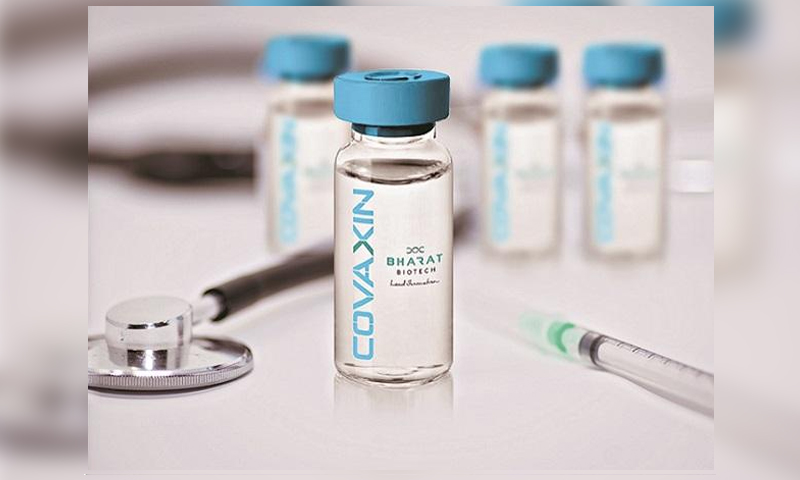Technology today is a double edged sword. When it comes to technology, it won’t be wrong to say that humans have been hoist by their own petard. Today, the world is dealing with a situation it has never dealt with before; the coronavirus pandemic. In these difficult times, some people are taking wrongful advantage of those whose minds are vulnerable. Every day, we are swamped with messages and advertisements on social media claiming to cure coronavirus. These advertisements are nothing, but false claims. Unfortunately, some people fall into the trap of fraudsters, and even lose their lives in the process.
There are some drugs in the market which shouldn’t be taken without a doctor’s prescription. To educate you about them, here we have a list of 7 drugs you should be aware of. Take a look!
1. Paracetamol

Paracetamol is a common over-the-counter drug that is also known as acetaminophen. It is one of the safest drugs available to treat fever and mild pain. However, it can be harmful for your liver. If you overdose on paracetamol, then you’ll die from acetaminophen-induced hepatotoxicity (liver toxicity). Therefore, the medicine is not safe to treat coronavirus, wherein fever persists for a number of days.
2. Hydroxychloroquine
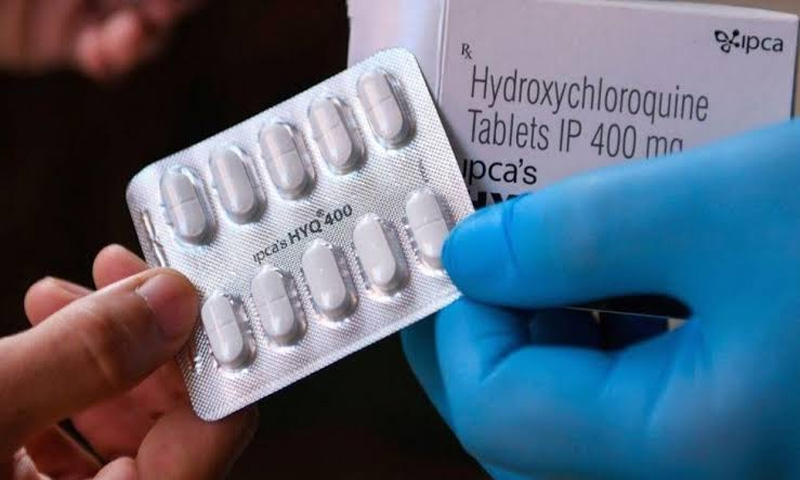
Hydroxychloroquine or HCQ became insanely popular after it showed some positive results on coronavirus patients. HCQ is an anti-malarial drug that is also used to treat some cases of lupus and rheumatoid arthritis. However, scientists are still not sure about its effectiveness against coronavirus. Furthermore, doctors have strictly instructed people to avoid self-medication with HCQ. If taken otherwise, it can cause dizziness, nausea, cardiomyopathy (disease of heart muscles), kidney damage, and skin rashes. Also, FDA has revoked the emergency use of HCQ after it was proven that it increases the death risk in coronavirus patients.
3. Cetrizine
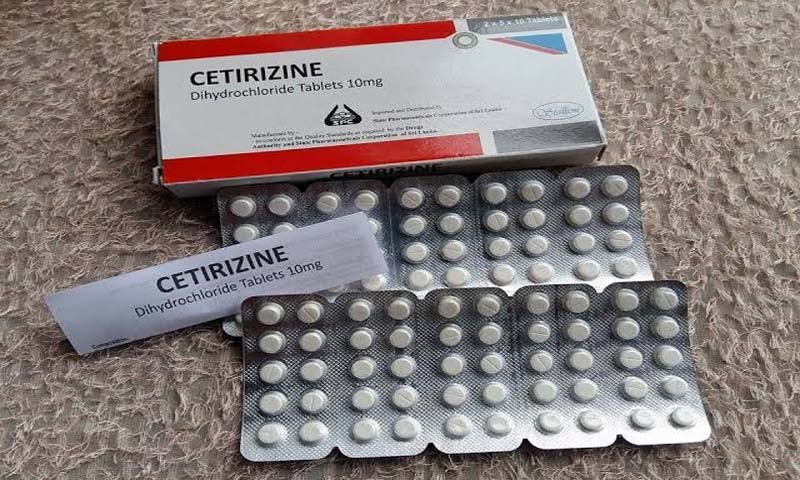
Cetrizine is another common over-the-counter medicine, used to treat allergic symptoms such as sneezing, runny nose, watery eyes and itchy throat. These symptoms are also commonly associated with coronavirus. Hence, patients might be prompted to consume it without doctor’s prescription. However, it has several side-effects such as dry mouth, severe headache, nausea and many more.
4. Vitamin C and Zinc

Vitamin C is an essential water soluble vitamin which aids in growth and repair of tissues in the body. Zinc is a micronutrient which helps in the formation of protein and DNA in the body. During the coronavirus pandemic, Vitamin C and Zinc have been underscored in the media as immunity boosters. However, you need to realise that these drugs are not a magic potion that can shield you from coronavirus. They are merely supplements which can improve your immunity in the long run. It’s not going to happen overnight. With a plethora of vitamin C supplements available in the market, it’s easy to buy one. However, megadoses of vitamin C can lead to diarrhea, nausea, muscle cramps and many more side-effects. Hence, it’s important to stick to natural sources such as lemon and oranges to get your daily dose of vitamin C. Moreover, Zinc too should be avoided without a doctor’s prescription as it can have serious side-effects on your body.
5. Coronil
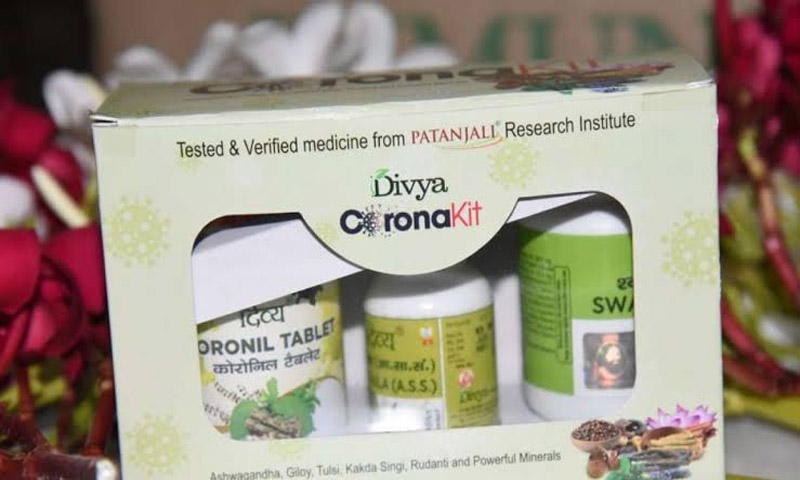
This Ayurvedic medicine developed by Patanjali, took the internet by storm when it was first launched. Coronil claims to “cure coronavirus” even though AYUSH Ministry has given it the tag of an immunity boosting supplement. Still, people fall for such false claims. In fact, Coronil, which was launched at a price of Rs. 545, is currently being sold in black market for a minimum of 4 times the original price tag. Coronavirus has filled people’s hearts with so much fear, that people are stocking up on Coronil for difficult times. Unfortunately, some have also fallen seriously ill due to its side-effects.
6. Alex Syrup
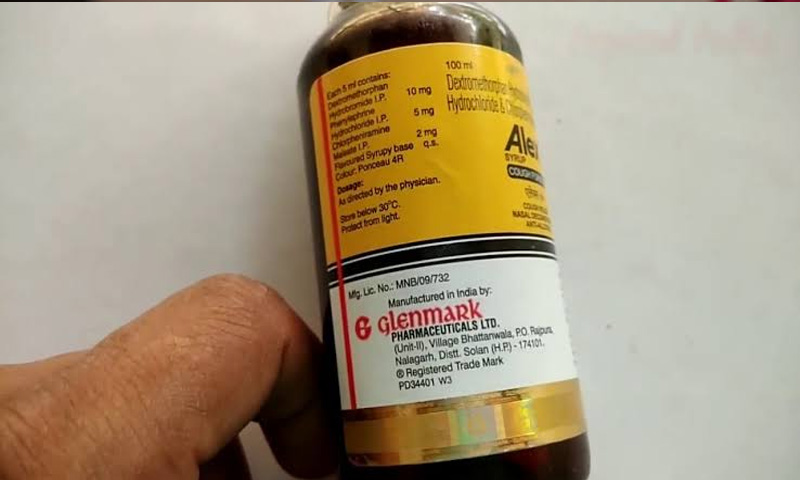
Alex Syrup is a common household cough syrup. It is composed of phenylephrine (decongestant) chlorpheniramine maleate (anti-allergic), dextromethorphan hydrobromide (cough suppressant). This medication has several side-effects and should not be taken without a doctor’s prescription. Its side-effects include dizziness, swelling of lips, tongue and throat which can lead to choking.
7. Favipiravir
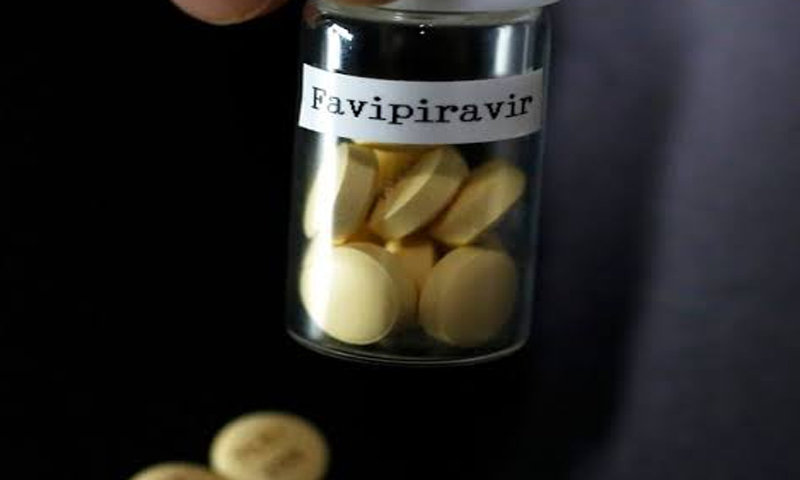
Favipiravir or “Fabiflu” is an oral Japanese drug that is primarily used to treat Influenza patients. Recently, the drug was approved by the Drug Controller General of India (DCGI) to treat emergency coronavirus cases only. However, a pharmaceutical giant named Glenmark is selling Fabiflu at unreasonably high prices and false claims. According to recent data by DCGI, Glenmark mentioned in their press conference that Fabiflu alone is effective in mild and moderate coronavirus patients. This has completely misguided the medical practitioners and people in India.
Coronavirus isn’t the only situation that’s crippling our country. The plethora of drugs falsely claiming to cure Covid-19 is another “infection” the country is currently reeling from. However, we can put a halt to the activity of these drug fraudsters by choosing not to believe them. Unfortunately, as of now, there is no drug or vaccine in the world that can cure coronavirus. Only social distancing can shield you and your family from the deadly virus. So, stay away from such fraudsters and believe only the information listed on government and WHO websites.






